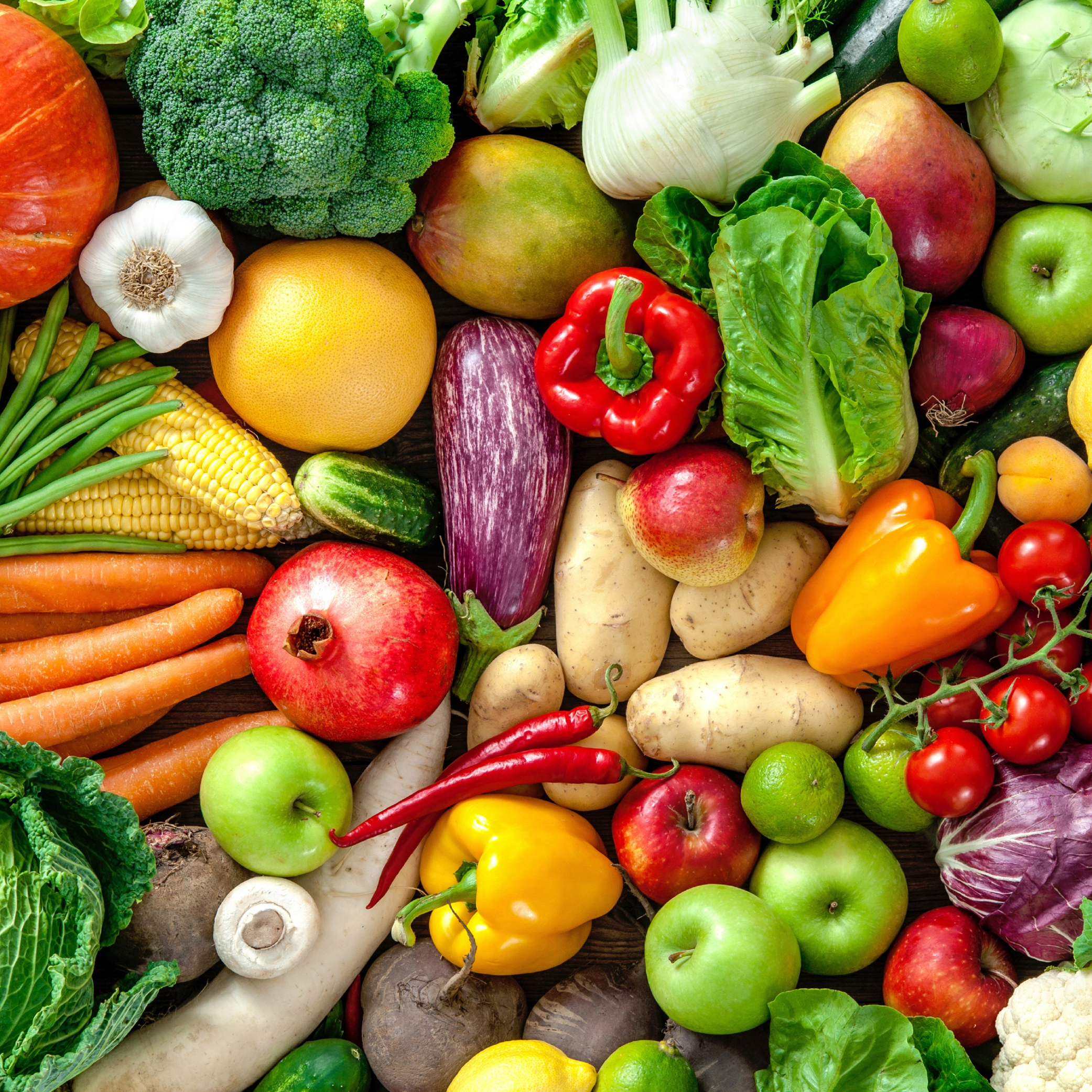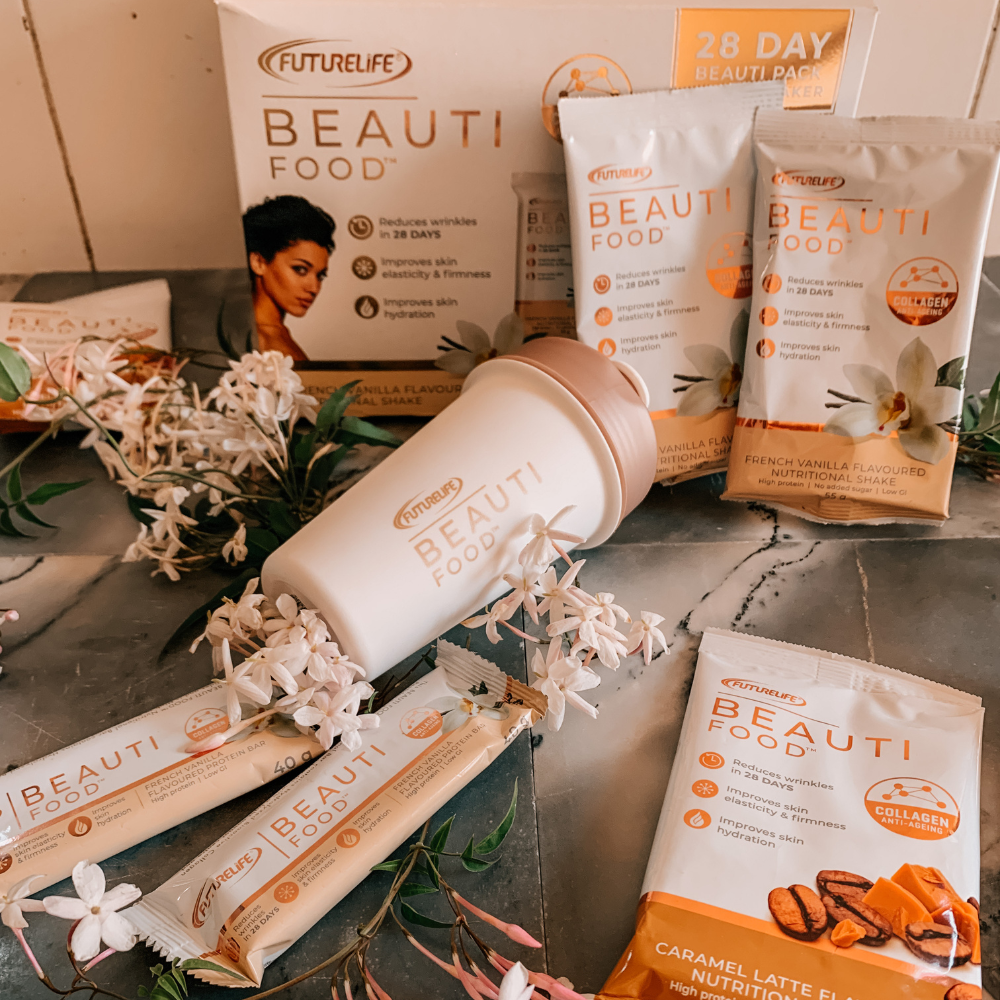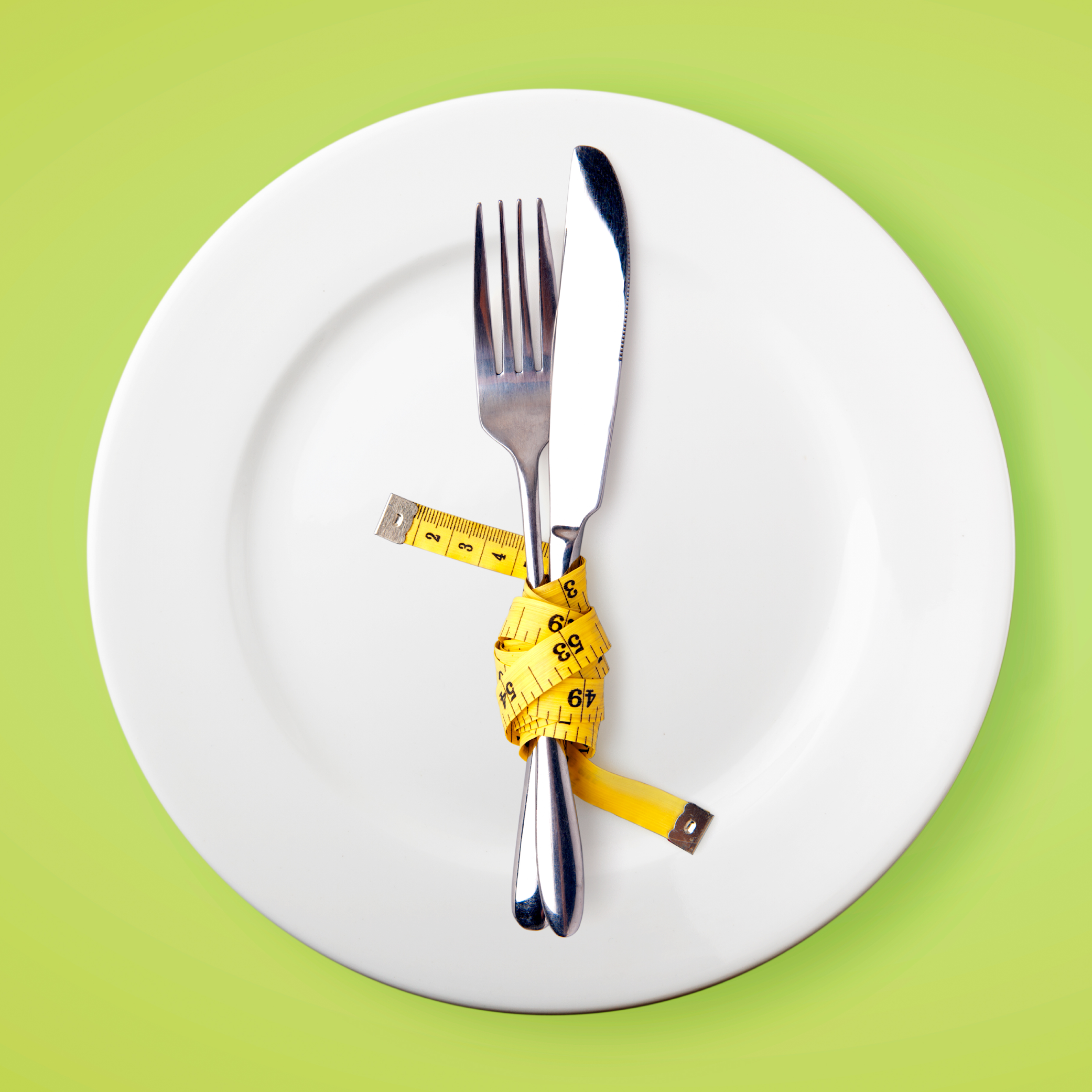MEAT FREE MONDAY- WILL IT REDUCE MY CANCER RISK?

Did you know that eating meat has a detrimental impact on the environment? Reducing meat consumption can help delay climate change, reduce the use of valuable natural resources and even result in health benefits. It’s no wonder the campaign for Meat Free Monday has gained support worldwide. When examining the health benefits of reducing meat consumption, cancer risk is one of the top motivating factors to make your Mondays meatless.
According to the World Health Organization dietary factors are responsible for about 30% of all cancers in Western countries and approximately 20% in developing countries such as South Africa1. Studies investigating the link between diet and cancer list meat consumption as a common factor.
ARE ALL TYPES OF MEAT LINKED TO CANCER RISK?
According to the World Health Organization processed meats such as ham, salami, bacon and frankfurts have been classified as a Group 1 carcinogen. This indicates that there is solid evidence to prove that processed meats cause cancer. In terms of red meat such as lamb, beef and pork, these are ‘probable’ causes of cancer. This means that there is no indication with regards to risk of cancer however it is certain that these are likely to cause cancer2. In contrast, fish may be beneficial in reducing the risk of several cancers3. More research on poultry is needed to draw conclusions on cancer risk.
HOW DOES IT INCREASE CANCER RISK?
There is ongoing research investigating how certain types of meat increase cancer risk as this is not yet fully understood. Possible explanations include the following:
- Haem which is the compound containing iron and giving meat its red colour damages the epithelium of the colon4.
- Red meat contains nitrosamines which damage the DNA in cells. In addition to being made from red meat, processed meat contains nitrates and nitrites. These are converted to nitrosamines when consumed5.
- There are potentially carcinogenic compounds found in meats such as N-nitroso compounds, heterocyclic amines and polycyclic aromatic hydrocarbons. When muscle meat (including beef, pork, fish, poultry) is cooked at high temperatures (pan frying, grilling directly over an open flame), heterocyclic amines and polycyclic aromatic hydrocarbons are formed6. It is theorized that the effects of these compounds as well as others that are present in meat (salt, estradiol, saturated fat) may lead to the development of cancer7.
WHAT ARE THE DIETARY RECOMMENDATIONS?
The World Cancer Research Fund recommends that people should ‘eat no more than 500g (cooked weight) a week of red meat, such as beef, pork and lamb. Eat little, if any, processed meat, such as ham and bacon’8. Practical recommendations to reduce intake include:
- Include legumes such as beans, chickpeas and lentils as a protein source for meals. E.g. chickpea and feta salad, lentil casserole or a bean burger.
- Include soy products as a substitute for meat on some days. There are a variety of options available from soya mince to soya sausages.
- For meals like a stir fry substitute meat for tofu and egg and include more vegetables.
- Experiment with vegetarian recipes such as frittatas or omelets made with vegetables and eggs, vegetable curries, vegetable quiches etc.
- Don’t think of meat as the main part of a meal. Half of your plate should be filled with vegetables and you can build on a meal idea with a meat substitute of your choice.
- Substitute red meat for chicken or fish on some days.
- Replace processed meat in sandwiches with low fat cheeses, tuna, chicken, boiled eggs or sugar free and salt free peanut butter.
Generally, people think of Monday as a clean slate to start the week off well. So, now that you have all the facts, why not make this Monday a meatless one. Even just one day a week can have a positive impact on reducing your cancer risk and playing your part in protecting the environment.
WHERE DOES FUTURELIFE® FIT IN
Going meat free is easy with our range of FUTURELIFE® products that are non-GMO and suitable for lacto-ovo vegetarians. Many products in the range are high in protein to help reach your daily requirements, meat-free. So, get started this Monday and replace that biltong snack with a FUTURELIFE® HIGH PROTEIN LITE Bar. FUTURELIFE® HIGH PROTEIN Smart food™ contains a complete protein source (contains all 9 essential amino acids) at 30g of protein per 100g. Visit www.futurelife.com to find the best product for you.
REFERENCES
- http://cdrwww.who.int/nutrition/publications/public_health_nut6.pdf
- https://www.cancercouncil.com.au/21639/cancer-information/cancer-risk-and-prevention/healthy-weight-diet-and-exercise/meat-and-cancer/
- https://www.ncbi.nlm.nih.gov/pubmed/10393143
- https://www.ncbi.nlm.nih.gov/pubmed/11023550
- https://www.wcrf-uk.org/uk/preventing-cancer/what-can-increase-your-risk-cancer/red-and-processed-meat-and-cancer-risk
- https://www.cancer.gov/about-cancer/causes-prevention/risk/diet/cooked-meats-fact-sheet
- https://www.ncbi.nlm.nih.gov/pmc/articles/PMC2121650/
- https://www.wcrf-uk.org/uk/preventing-cancer/cancer-prevention-recommendations/limit-red-meat-and-avoid-processed-meat









